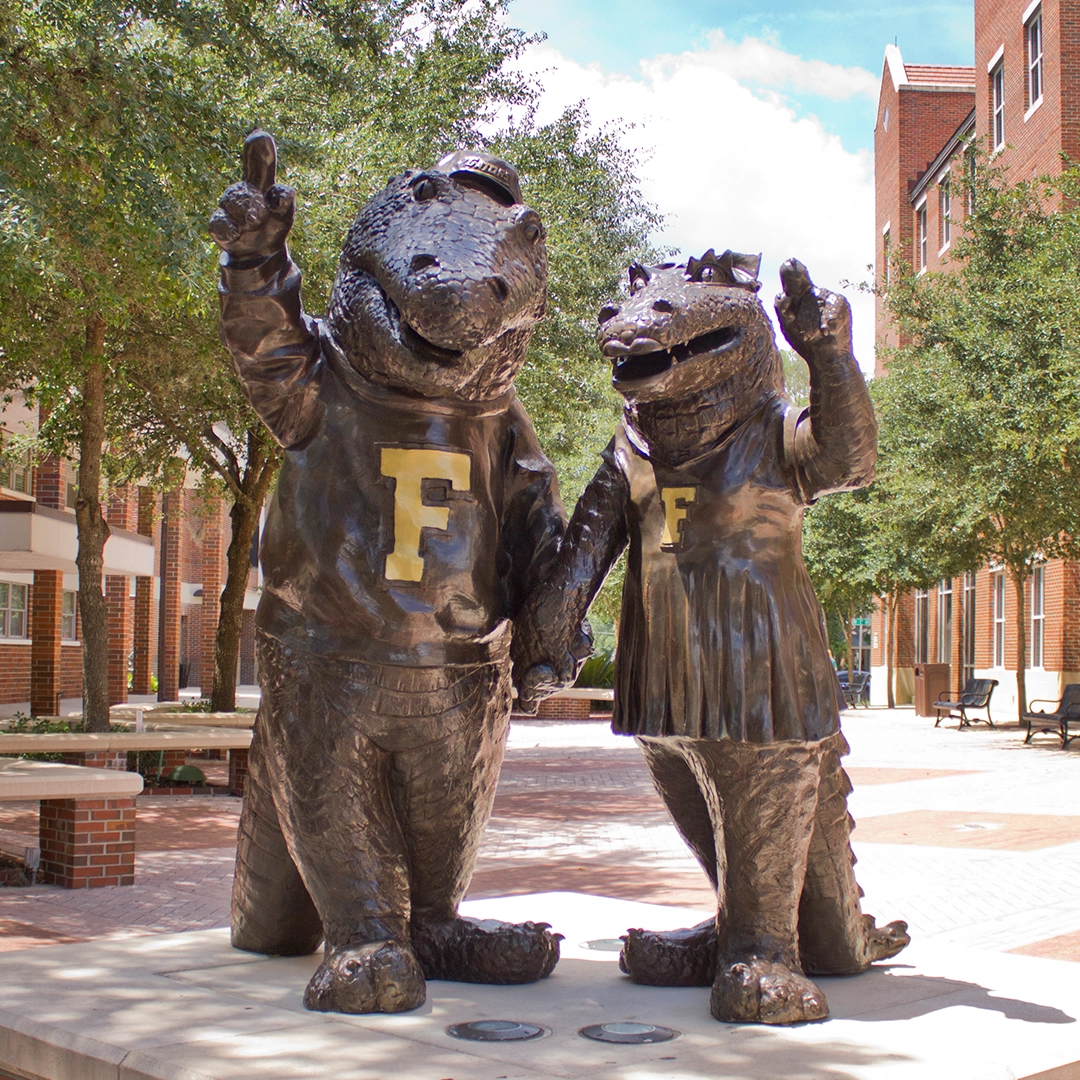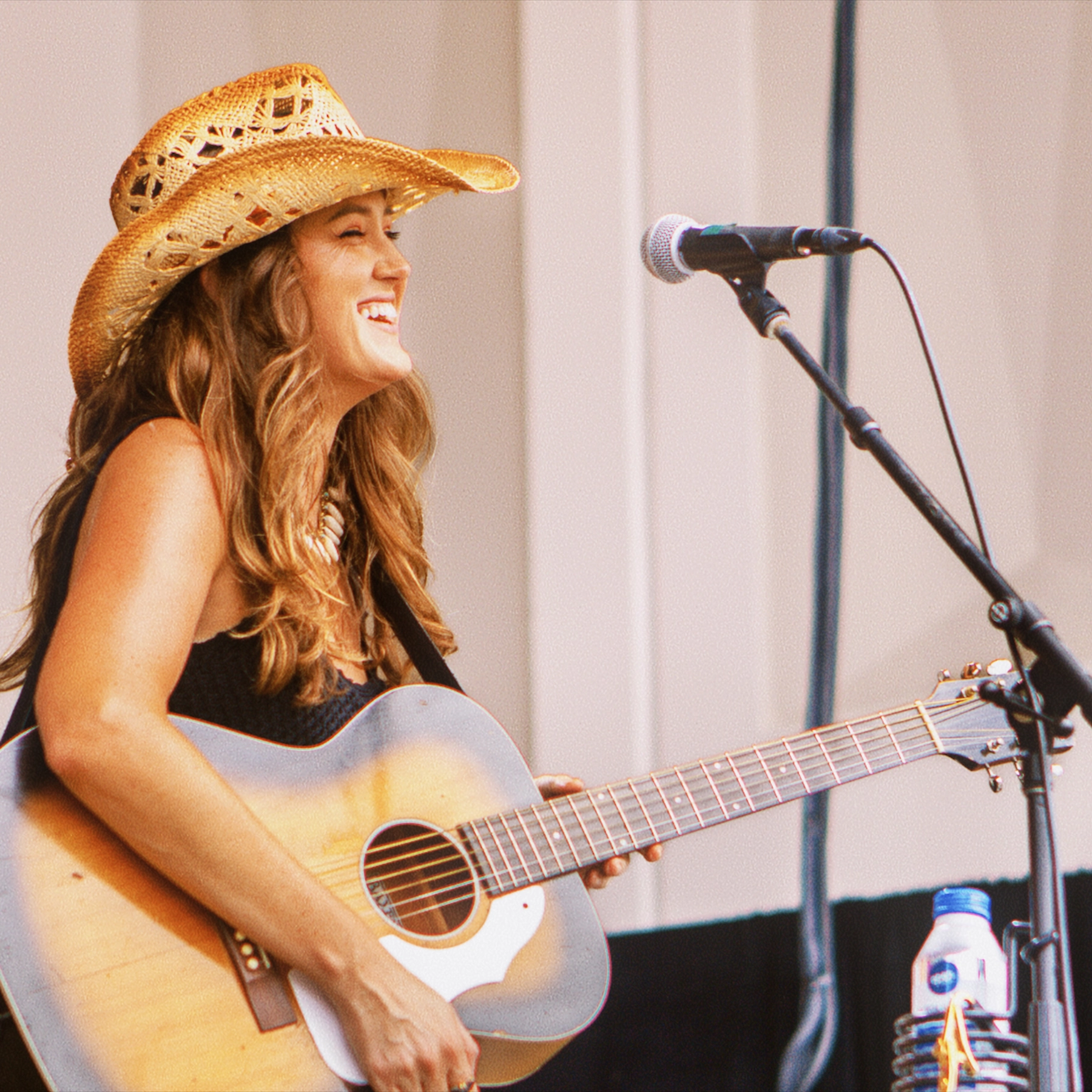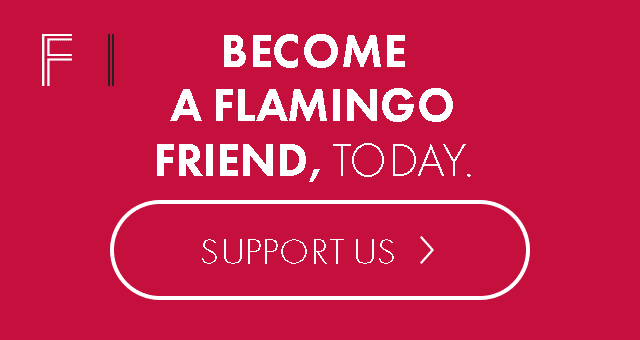by Jamie Rich | October 19, 2023
Maxwell Frost on the Frontlines: Tackling Florida’s Climate Crisis and Housing Woes
A sit-down with Congressman Maxwell Frost, who at 26, is the first Gen Z'er to be elected to the House of Representatives.
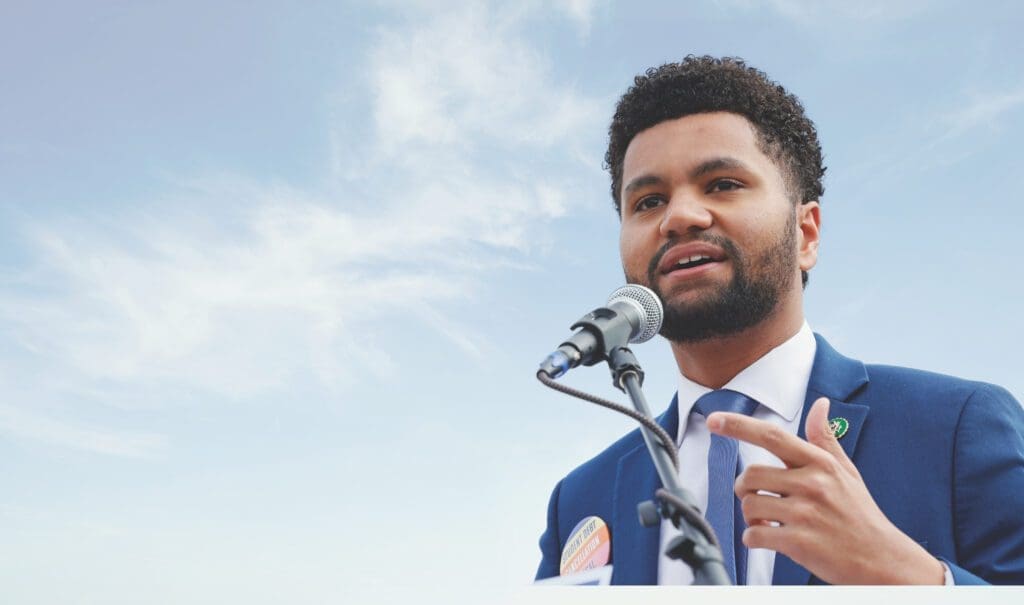
Maxwell Alejandro Frost made a name for himself at the end of 2022 by becoming the first person of Gen Z to be elected to Congress. As the representative for the 10th congressional district of Central Florida, the 26-year-old has some big ideas on how to address climate change, the housing crisis and gun violence in the state. The lifelong advocate was first inspired to organize around gun violence at the tender age of 15, when he traveled to Washington to be with the families of the victims of the shooting at Sandy Hook Elementary School in Connecticut that killed 28 people. But the young congressman has more to his story than shootings, despite being a survior of gun violence himself. He’s a passionate musician, foodie and lover of Orlando nightlife. Flamingo Editor-in-Chief Jamie Rich recently caught up with Representative Frost to learn more about the important work he’s doing on behalf of Floridians in Washington and what inspired him to run for office. The following are excerpts from their conversation.
describe for us your district in central florida.
MAXWELL FROST: The 10th Congressional district is one of the most unique and exciting districts in the country (I’m not biased at all.) I have all of downtown Orlando. I have all of our Main Street districts: Winter Park, Maitland. We stretch all the way east, we go past UCF, the second largest public university in the country, and we go all the way out to Bithlo, which is the rural part of my district. Then we go west toward the Parramore, Pine Hills area. We stretch a little lower through a bit of Doctor Phillips. I have the pleasure of representing Universal Orlando and then SoDo, south of downtown. It’s kind of a small place geographically, but with so many people. It’s one of the most diverse districts in the country and also has one of the largest Puerto Rican populations in the country.
What’s something that would be surprising to our readers about Orlando?
MF: Orlando is a city where the lifeblood of our economy and a lot of our culture comes from our hospitality and entertainment. Obviously, the theme parks are considered a part of our artistic culture, but we also have amazing local scenes. I grew up going to local concerts, playing concerts, producing my own shows. I own a small music festival with my best friend Nya. We [Orlando] have some of the greatest music venues across the state. We have some of the most amazing cultural events across the state, too. Our city was hit hard during the Pulse nightclub shooting, and when people come to the memorial that’s still up and see the photos, those photos are all people smiling and people loving and coming together. After the shooting, our city really came together, whether it was donating blood or raising money or just providing love to the people who needed it. That’s really what makes Orlando special. It’s that entertainment, it’s the hospitality. It’s the love, and it’s really the local scene here of people who are building Orlando to be what it can be.
You began working to stop gun violence at age 15, after the Sandy Hook shooting. How did that happen?
MF: When I saw that the shooting happened, I had been at a restaurant before a jazz band concert. I felt like I needed to be there. When I saw the videos online, a lot of the kids and teenagers fighting back were saying, “We can’t just not do anything.” I felt really inspired. I went on Facebook and searched everybody’s names, and I sent them a message like, “Hey, I’m from Florida. I want to help.” One of them responded. Her name is Sarah Clements. Her mom is a teacher at Sandy Hook. She survived the shooting, and she started the Jr. Newtown Action Alliance. Sarah sent me a link to come to DC for the memorial. I asked my parents, and I ended up going there. It was being there, lobbying members of Congress and meeting people. I was the only person from Florida, and I was 15. My parents didn’t go. Obviously, it’s a lot to be in a city alone, but I wasn’t alone. I was with the other advocates, and we all took care of each other. That whole experience was life-changing for me. I came home, and I had a lot of clarity on what I wanted to do.
What can Floridians do to help stop gun violence?
MF: When we talk about a lot of the solutions, they actually have bipartisan and widespread support. Universal background checks, which we don’t have right now, most Republicans are for it. And most NRA members are also for universal background checks. So if most people are for it, how come it’s not law? In comes the conversation about money and politics and influence and everything like that, but there’s really good work we can do here in Florida. I think number one is voting. Voting for candidates who will prioritize this issue, who are looking to work on this issue.
Also voting for people who see this issue holistically. This is one of the most polarizing issues. I don’t understand why, when you talk with the average American individually, most of us agree on what needs to happen here. We agree that we have to pass gun regulations to make sure guns don’t get into the wrong hands. We agree that we see root cause issues like fixing poverty and health care and low wages. That helps end gun violence too, because it’s about building a world where people don’t feel the need to use a gun to solve their problems. It’s about mental health care, too. We can’t afford to pigeonhole ourselves in an issue that claims 100 lives a day. And it’s not just the lives we lose. It’s the people whose lives are changed. Over 300 people get shot a day. As far as people getting involved, voting for good candidates and making sure your voice is heard, whether it’s city council, county commission, writing letters to your state representative, going to Tallahassee to vocalize your concerns. We need as many people shouting and being loud about this issue.
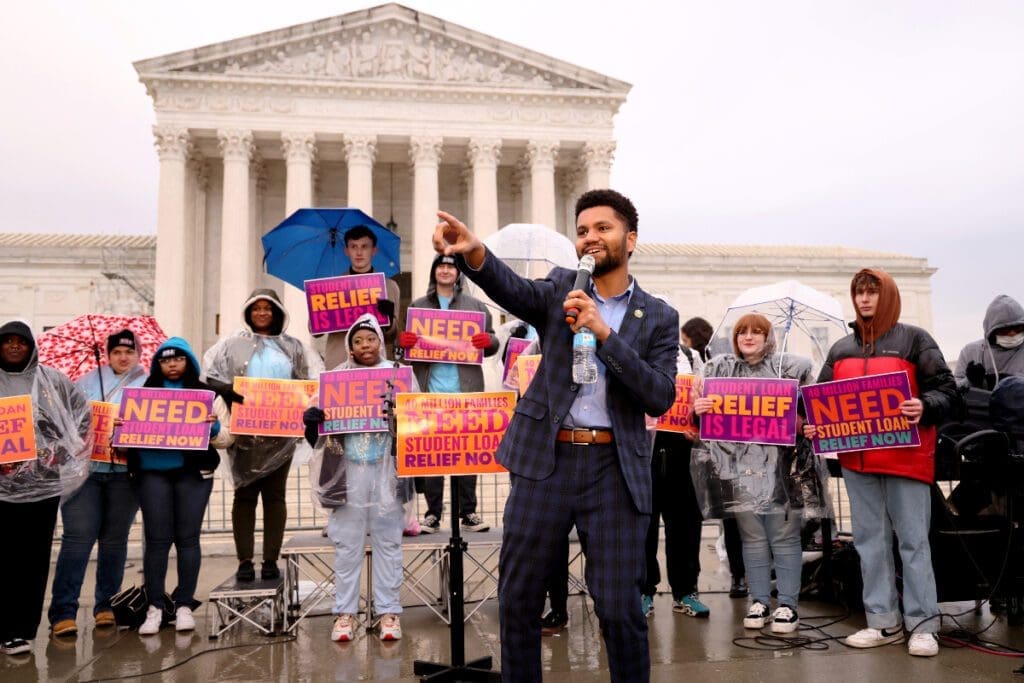
what should Floridians do, if they feel like their representatives won’t listen?
MF: Number one, still make your voice heard, still reach out. It’s true. There are representatives or leaders where it doesn’t matter how many kids die, it doesn’t matter how many of their own constituents reach out. They believe what they’re going to believe no matter what. But that doesn’t mean we still don’t turn up the pressure. Because you never know if you could change someone’s mind. When you turn up the pressure, it allows you to understand just how bad your member of Congress is. And that allows us to drive the work to elect someone different.
You know, when you get into a legislative body, it’s all a math problem. You need a certain amount of votes to pass legislation. If you don’t have the votes, it doesn’t pass. If you don’t like the math, every two years in Congress, we have the opportunity to change the math and change what Congress looks like. That’s one of the greatest hallmarks of our democracy is that when we are upset, we have recourse we can take.
What Is the biggest issue facing Floridians?
MF: I’m gonna do the politician thing, and I’m gonna give you two. One that’s very much on my mind right now is the climate crisis. We are experiencing severe heat in Florida right now. We see that the ocean along our coastline is reaching hot-tub levels. It’s horrible for a lot of our different fish species and things that can actually go extinct because of high temperatures. We need to take bold action around the climate crisis. Florida is one of the frontline states. We saw what happened with [Hurricane] Ian. I’m not saying we created hurricanes, but the science shows us that as we continue to emit carbon, it heats up the ocean. And when the ocean heats up, hurricanes last longer and they are worse. The climate crisis is a huge one. It’s bad for people, it’s bad for businesses, bad for families, it’s bad for our state.
The second thing is housing. There’s a lack of affordable housing and housing, especially in Central Florida. Unfortunately, the state legislature hasn’t done much around homeowner’s insurance, which is through the roof, and people are having a hard time even getting plans. With tenants, there are so many problems with renting and the power of tenants in the marketplace.
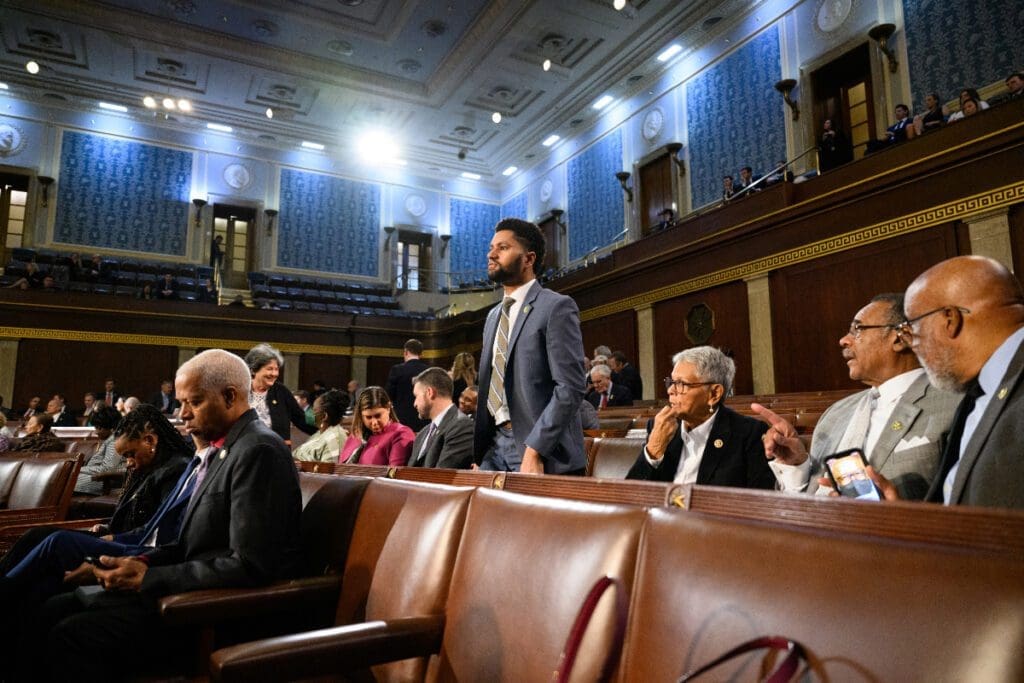
What are you doing to combat those issues?
MF: We’re going to release a lot of legislative bills around housing. My first one is called the End Junk Fees for Renters Act. It does three things. Number one: it promotes transparency. When you’re a tenant, and you apply with a landlord, the landlord is going to know everything about you, and you’re going to know nothing about the landlord. This isn’t about our mom-and-pop landlords who own a few units. We have these huge conglomerates, currently engaged in litigation, currently having pest problems in the apartment complex and things like that. And the tenant has no idea until they’ve already paid first and last [month’s rent], security deposit and are stuck in a lease. e should be able to understand what litigation is going on and any other problems so we have a better understanding before we engage in a contract.
Second, it eliminates junk fees. There’s a ton of them. It’s when a landlord charges you extra for something that they’re already supposed to do. We’re talking about things like trash, we’re talking about things like lawn. Sometimes people will look at their bill, and their rent goes up $500 because these little fees add up. It creates an issue where you don’t really know what your rent is until you get in there and you see all these surprise fees. We found in Florida some people paying upwards of $150 extra just to pay rent online. And then another landlord charges between $40 and $60 each time a tenant sends an email, text or phone call to them. These are junk fees, and we need to crack down on them.
The third thing is eliminating the sole use of credit scores when applying to rent places. We found that credit scores are not a good indication of whether a person is going to pay their rent. It’s important that we look at other ways of determining whether someone’s good for paying their rent. So it’s a really important bill, one of many to ensure that we are giving tenants a little more power and transparency, especially now that all these multi-corporate conglomerates have bought 80% to 90% of single-family homes and apartments and hiked the costs. These people don’t even live in Florida. There’s just a lot of work we need to do around housing in the state.
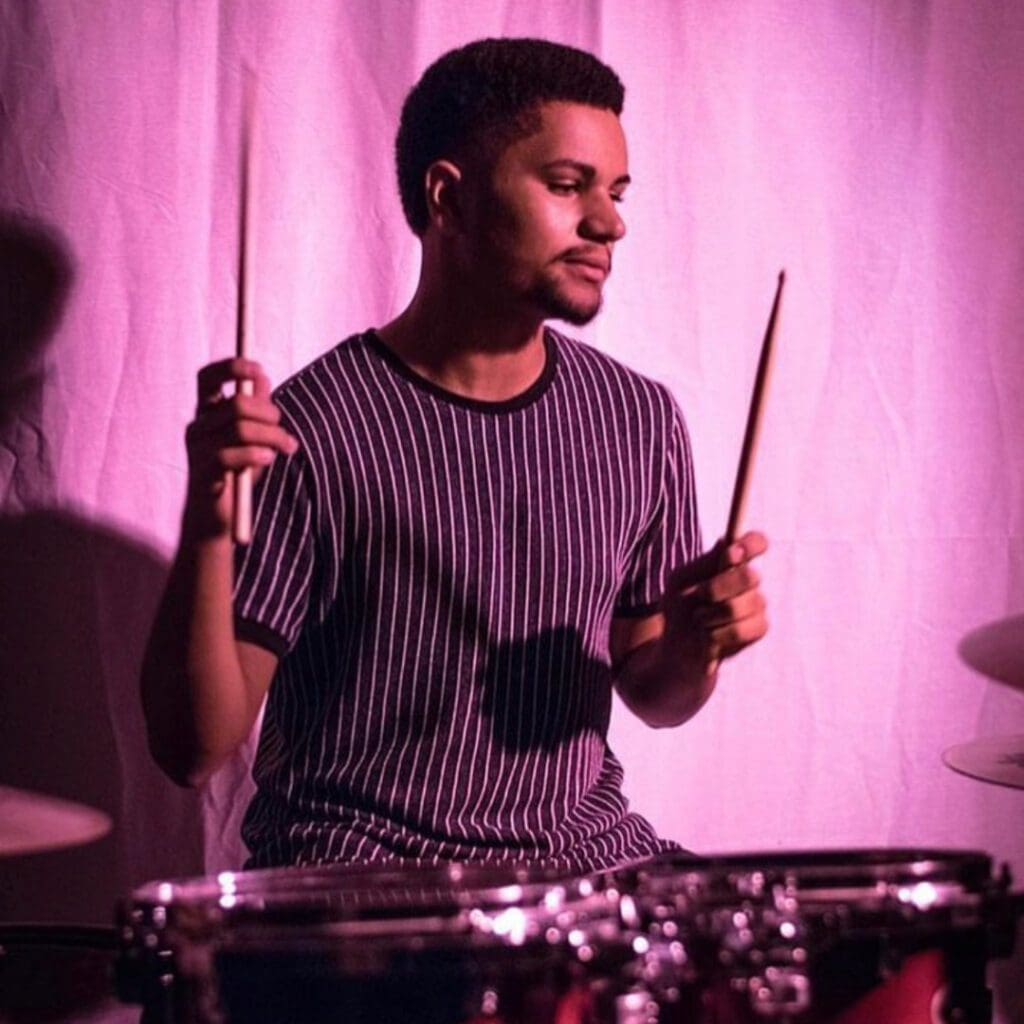
Do you think that there should be a maximum age or an age limit to those serving?
MF: I’m not in favor of an age limit. I think the best way to deal with this is number one, introducing term limits. Congress doesn’t have term limits. You can serve until the end of your life as long as you want. That’s not right. I’ve gotten in at a very young age and, obviously, I don’t think I should be able to serve until the end of my life. But I can if I wanted to. It’s not something I intend on doing. So term limits, coupled with longer terms, I think can really help the institution work better for the people. In Congress, our terms are two years. I know folks might be thinking, oh, yeah, here’s a congressman trying to get a longer gig. But hear me out. We have to campaign every two years, which means that you have a year of serious legislating. Then after one year, most members of Congress start their reelection campaign, which is another full-time job and diverts their attention away from the people. It creates this dichotomy, where you have a lot of conflicting interests.
I think making our terms four years, which is in line with most elected offices, like mayors and city council, will allow us to focus more on the job at hand and less on getting reelected. However, it must be coupled with term limits to ensure we have new people coming in and out of government.
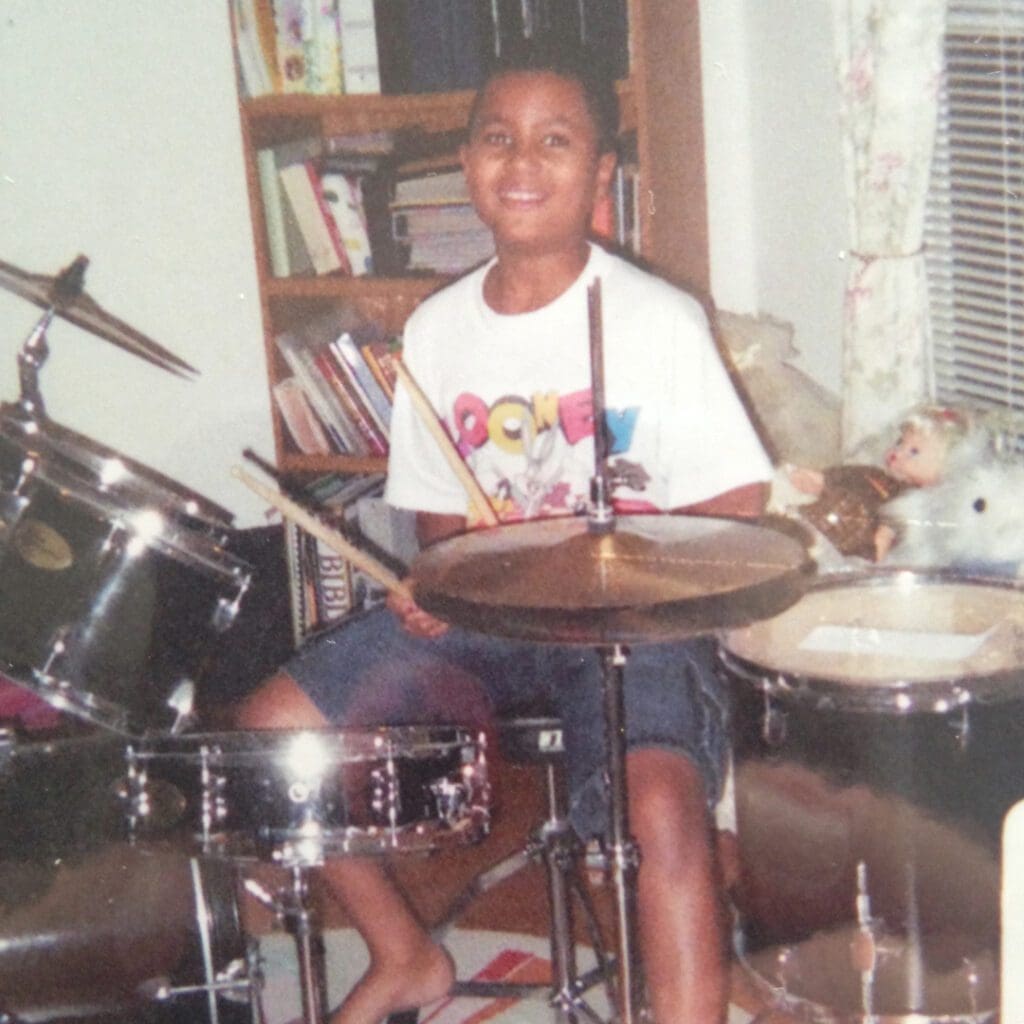
How do you destress from work?
MF: I haven’t figured it out yet. But I’m a musician. I go to a lot of concerts. I love music, and whether it’s planning a concert or just going out with my friends to catch music, that is something that’s really important to me, and I find ways to incorporate it with work. For instance, when Paramore came to Orlando, we partnered with them and state representative Anna Eskamani, here locally, and together we had over 35 volunteers who were getting petitions for the Floridians Protecting Freedom ballot initiative to protect bodily autonomy in the state. We collected over 1,800 in just a few hours. There are ways that we combine work and fun. I love to cook. I love to go out to a bar and have a drink with friends and talk and meet some new people. I love to be out in the community. Once a quarter, I’m doing these nightlife tours where I go out with a different group of people, and we take videos of different bars in Orlando and concert venues and promote them and talk about how fun our city is after hours.

Representative Frost’s Favorite Orlando Spots
During our interview, Flamingo asked Rep. Frost for a few of his favorite hometown haunts. Here’s where you might find him hanging out on the weekends.
Music Venue:
MF: I’ve got to be careful here. I’ll say one that has a lot of memories for me is the House of Blues. I was in a band in high school, and we did a show there that changed my life.
Florida musician:
MF: Well, I gotta say my dad, Patrick Frost. He’s a great musician. I love Jimmy Buffett. A lot of people might find that surprising, but my dad used to cover him all the time. So, you know, I’m not against being on a beach with a Hawaiian shirt and a frozen margarita listening to some Jimmy Buffett.
Restaurant:
MF: Right now I’m obsessed with a place called Edoboy, an eight-person standing sushi bar. You go in, it’s small, you eat it by the piece, and it’s some of the best sushi in Orlando.
Coffee Shop:
MF: Drunken Monkey is a coffee shop that has a really good herbal, and still creamy, chai tea latte.
Book you’re currently reading:
MF: I finished Democracy Matters by Dr. Cornel West earlier this year, but I find myself mostly reading bills and memos. That’s what’s on my bedside table.

